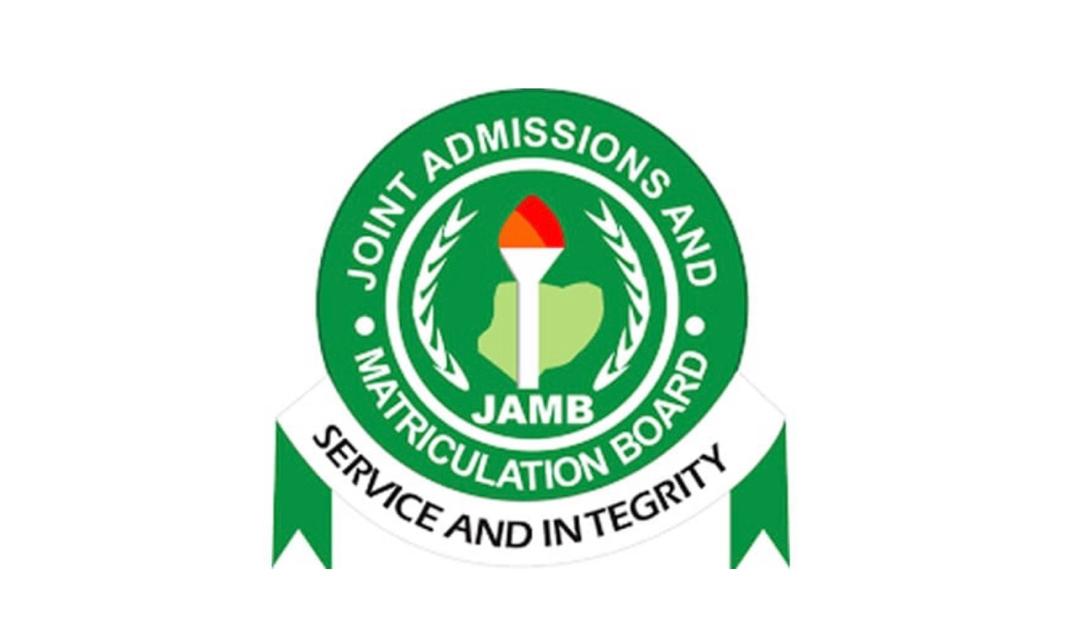Education
JAMB: NASU, ASCSN backs proposed increase in staff feeding allocation

Mariam Sanni
The Joint Admissions and Matriculation Board (JAMB), labour union, the National Association of Non Academic Staff Union (NASU) and the Association of Senior Civil Servants of Nigeria (ASCSN), have thrown their full weight behind the proposed increase in allocation for staff feeding in the 2025 budget, saying the move is key to improve the level of productivity in the Board.
The unions clarified the rationale behind the N1.1 billion proposed in the 2025 budget for the feeding scheme, countering recent misrepresentations about the figure.
They noted that the plan includes expanding free lunch provision, previously exclusive to the headquarters, to over 2,300 staff across JAMB’s 44 offices nationwide.
Speaking during a health walk organized by JAMB to kickstart its 2025 activities in Abuja at the weekend, NASU JAMB Chapter Chairman, Andrew Onakpa, commended the Registrar, Prof. Is-haq Oloyede, for prioritizing staff welfare.
“Efforts by the Registrar to address staff welfare are humane and should not be discouraged,” he said.
While saying improved feeding scheme will enhance the performance of staff, Onakpa said the union pushed for the inclusion of other JAMB offices, adding that they were even part of the negotiations with the vendors, ensuring transparency in the process.
“We have over 2,300 staff in more than 44 offices nationwide. When you calculate the cost of feeding across all working days in a year, the figure is understandably significant. It’s not about mismanagement; it’s about improving welfare,” he said.
He expressed concern over the backlash from the National Assembly during JAMB’s recent budget defence, warning it could jeopardize these initiatives.
Onakpa described the Registrar as “a man of high calibre” and urged him to maintain his commitment to improving staff welfare despite criticism.
On his part, ASCSN JAMB Branch Chairman, Ebenezer Ayalibola, echoed Onakpa’s sentiments, emphasizing that the welfare committee meticulously calculated the feeding budget.
“This includes staff in outstations. If you multiply the agreed amount per staff per day across 12 months, the figure will naturally add up to N1.1 billion. This was a collective decision by the welfare committee, not the Registrar acting alone,” Ayalibola said.
Addressing the N850 million reportedly proposed for fumigation, Ayalibola explained that the figure encompasses all cleaning services, fumigation, and security across JAMB’s offices nationwide.
“As for the fumigation, that money was not for just fumigation alone but along with all cleaning services and security for a year at all our offices nationwide too.
” The aggregate of all the salaries for our contractors who do all the services is what constituted that N850 million.
“These costs include the salaries of contractors providing these essential services,” he clarified.
Ayalibola noted that these welfare measures are part of JAMB’s Condition of Service, which is periodically reviewed and subject to National Assembly approval.
Recall that JAMB had during a budget defence exercise in the National Assembly last week presented a proposal for an increase of staff feeding in 2025 to N1.1 billion.
The cost of the feeding was prompted by rise in cost of meal from N1, 200 per day to N2,200 due to rising food prices as well as the expansion of the scheme to cover 2,300 staff members throughout the working days in 2025.
The cost was projected to be N1.27 billion but JAMB budgeted N1.1 billion for this purpose.
Education
JAMB conducts third party exam for Hos workers

Mariam Sanni
The Joint Admissions and Matriculation Board conducted promotional examination for junior workers under the Head of the Civil Service of the Federation.
About 450 junior staff participated in the computer based test examination at Ade-Ola International School, Kubwa – a suburb in the nation’s capital.
Speaking with journalists at the end of the exercise, the Director in charge of Abuja zone for JAMB, Hajia Zainab Hamzat said the exercise went smoothly.
She noted that 476 staff under the HoS were expected to participate in the promotion exercise but only 450 workers showed up for the exam.
The drector said: “Everything went well as usual. We call it third party exam. It is a promotion exam for HoS. All their officers sat for the exam for the purpose of promotion.
“We had two sessions – morning and afternoon. In the morning we expected 250 but 232 were present. In the afternoon we expected 226 and eight were absent.
“The exam was smooth. Everything went well.
The examination was for all the junior staff of HoS. We had immigration officers, fire fighters, civil defence and other paramilitary organisations under HoS for the examination.”
Also speaking, Durector of Ade-Ola International School, Kubwa, Mercy Olaosegbe lauded JAMB for setting high standards in professional examination.
She said: “The examination went well. We have all the facilities to conduct this examination. JAMB will not allow you to participate in these exams if your facilities are not up to standard. Because our centre is doing well, we have been participating in third party examination organised by JAMB.”
-

 Featured6 years ago
Featured6 years agoLampard Names New Chelsea Manager
-

 Featured6 years ago
Featured6 years agoFG To Extends Lockdown In FCT, Lagos Ogun states For 7days
-

 Featured6 years ago
Featured6 years agoChildren Custody: Court Adjourns Mike Ezuruonye, Wife’s Case To April 7
-

 Featured6 years ago
Featured6 years agoNYSC Dismisses Report Of DG’s Plan To Islamize Benue Orientation Camp
-

 Featured4 years ago
Featured4 years agoTransfer Saga: How Mikel Obi Refused to compensate me After I Linked Him Worth $4m Deal In Kuwait SC – Okafor
-
Sports3 years ago
TINUBU LAMBAST DELE MOMODU
-

 News10 months ago
News10 months agoZulu to Super Eagles B team, President Tinubu is happy with you
-
Featured6 years ago
Board urges FG to establish one-stop rehabilitation centres in 6 geopolitical zones
